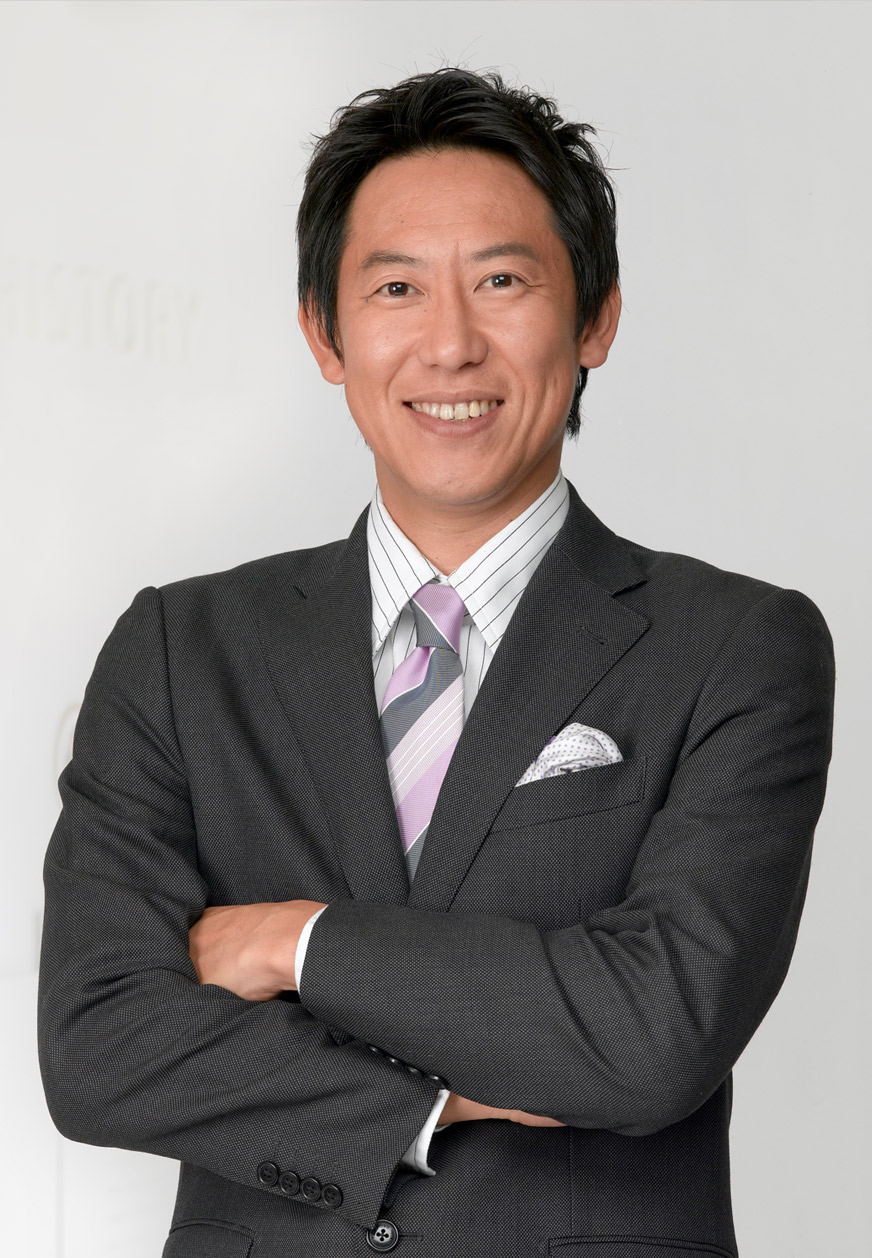The following is a guest contribution from one of Darren Heitner’s sports law students, George Dennison.

In order to facilitate a strong showing at the 2020 Tokyo Olympics, Japan has just recently opted to introduce a new, groundbreaking institution. The newly adopted institution, the Japan Sports Agency, consists of one hundred twenty one person group of agents seeking to accelerate the athletic performance of the country. The effort is ultimately led by commissioner, Daichi Suzuki, former Olympic swimming champion. As the 100-meter backstroke winner of the 1988 Seoul Olympics, Suzuki’s interest in the improvement of Japanese sports is founded in both his prior success and his hopes that Japan can join some of the more prominent countries in international athletic excellence.
Suzuki believes the reform will undoubtedly enhance the quality of Japanese life, health and entertainment alike. This confidence is largely supported by the fact that this new institution will include a multitude of initiatives beyond what American culture has come to associate sports agency with. The Japanese Sports Agency will be charged with the responsibilities of looking after the health of the Japanese general population, improving the performance of Japanese athletes, as well as sending Japanese coaches abroad to add to their knowledge of sport and athletic competition on a global scale.
While Suzuki does not believe that the progress thus far has been exceptionally reassuring, he believes gaining experience and knowledge of the institution’s goals as a whole will be essential to fostering the Agency’s success. He was quoted saying, “Sure, I can’t deny that I don’t have much experience, but I want to absorb as much as I can and go about my job my way.”
As one of Suzuki’s primary initiatives, he partnered with Swimming Australia, one of the more prominent and historically successful countries in terms of Olympic Swimming excellence. As the head of Japan’s swimming federation, before his current role, Suzuki initiated this partnership to share technique, coaching advice and technological improvements that has led to modest, but tangible success over the past few Olympics. This has been evidenced by Kosuke Kitojima’s defeat of American breaststroke star Brendan Hanson during the 2008 Olympics where he set the world record by over a second in the 200 meter breaststroke.
However, as a whole, Japan has not had tremendous success at the Olympic Games in the past. Suzuki pointed out, “the most gold medals Japan has ever won is 16 in Tokyo and Athens. We have to improve on that number.” With a lofty goal like increasing Japan’s Olympic medal count, Suzuki believes it is obvious that there are fundamental changes within Japanese culture and sporting tradition that must be made gradually. “The first thing to do is boost international competitiveness. I want to provide as much support as possible so that Japanese athletes can flourish at the Olympics and other events.”
A realistic time frame is at the crux of Suzuki’s initiatives though, as he hopes the country can look back in five to ten years and agree that the Japan Sports Agency was a great initiative and successful venture. As global leaders in industries such as technology, it is without question that the country has a tremendous amount of potential to accomplish the goals of both the country and Suzuki, however only time will tell.
